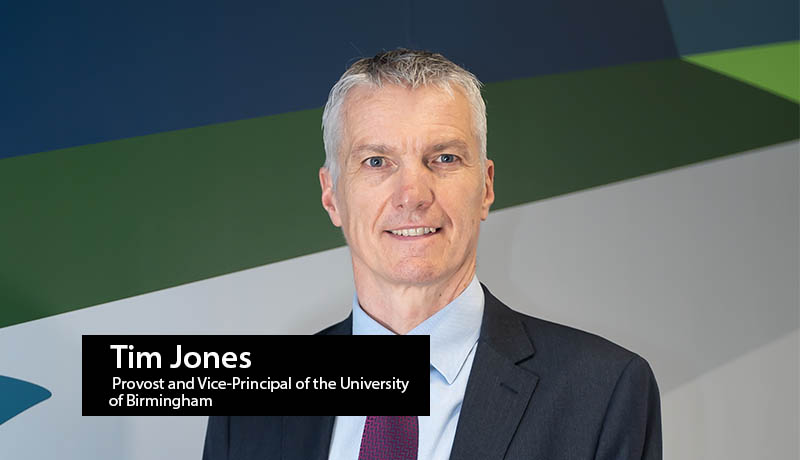
The University of Birmingham has partnered with Siemens to make the world’s smartest university campus. The University of Birmingham, in collaboration with Siemens, is combining digital sensor and analytic technologies, artificial intelligence, decentralized energy generation and storage, renewable energy, and concepts that help change user behavior to transform the University’s Edgbaston and Dubai campuses into the world’s smartest global campus, creating a “Living Lab” where research, teaching, and learning can take place.
The ‘Living Lab’ will collect data from the University’s building technologies, estates infrastructure, and energy plants and use it for research, innovation, and teaching. Examining energy demand and production – from systems to individual consumers/producers (prosumers) – using real-time data from several sites provides students with a unique opportunity for applied learning and a platform for cutting-edge research.
Siemens will fund a group of PhD studentships at universities in the United Kingdom and Dubai. Siemens and the University will collaborate on research initiatives to address major challenges in data, technology, urban systems, and the NetZero aim.
The University of Birmingham will be the first University in the world to use the Internet of Things (IoT) technology in a large-scale manner this year. The first phase of this large energy efficiency project, which will begin in Autumn 2021, will comprise the installation of 23,000 EnlightedIoT sensors across the University’s campus.

“As one of the largest universities in the UK, with a global community of more than 38,000 students, the University is already an energy prosumer, and these technologies will be further optimised in the future energy system we are now working together to achieve,” said Matthias Rebellius, managing board member of Siemens AG and CEO of Smart Infrastructure.
Also said, “Partnerships like this are extremely important for gathering new insights, testing and developing new technologies and creating efficient and sustainable energy infrastructures. The University’s campus in Dubai will be a global example of sustainability at the rescheduled Dubai Expo 2020.”
Professor Tim Jones, Provost and Vice-Principal of the University of Birmingham, explains the University’s ambitious vision: “Our goal is to deliver the campus of the future, using cutting-edge technologies to make our campuses in Edgbaston and Dubai the smartest globally. This will enhance our student experience, create new research and innovation opportunities, whilst significantly reducing our carbon footprint. As we approach COP26 in Glasgow this autumn, it is clear we are into the ‘decade of delivery’ for NetZero targets. University-Industry strategic partnerships, such as ours with Siemens, are important for helping to identify pathways for turning targets into reality.”

Carl Ennis, CEO Siemens, GB & Ireland said: “We are excited to be working with the University of Birmingham on this project and confident that together we can develop a clear pathway to the University becoming a smart campus and net-zero. Our goal is to apply the University’s strategic vision to their campus. We will uncover where carbon savings are possible by managing resources more efficiently, in a system that is adaptable to changing demand. All of this can be achieved with a combination of connected digital technologies, artificial intelligence, decentralised energy generation and storage, renewable energy and ideas that help change users’ behavior.”
As part of its commitment to lowering its environmental footprint and increasing the effect of its research, the University of Birmingham signed up to the United Nations Global Compact – the world’s largest corporate responsibility project – earlier this year. In addition, the University of Birmingham is a member of the COP26 Universities Network and will be present at the COP26 meeting in Glasgow in November.
